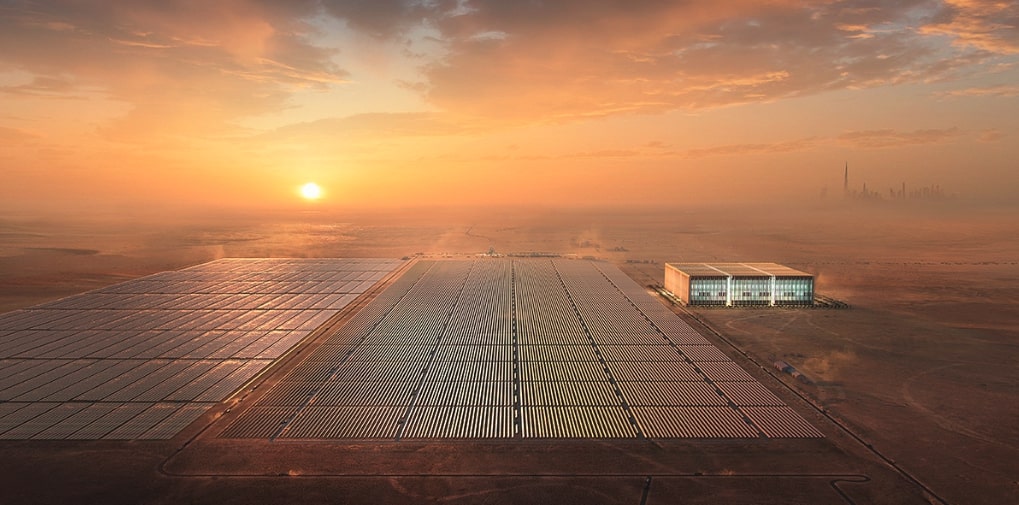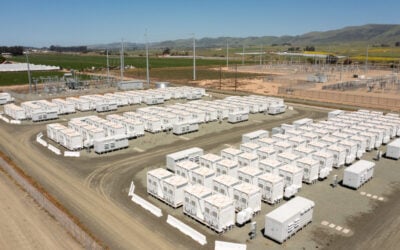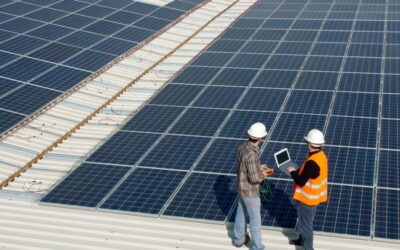
Energy Vault secured 2.8GWh of project awards in the first quarter of 2023 and has revealed it invested in Kore Power, the US lithium-ion battery and BESS firm.
In its results for the three months ending 31 March, 2023, the NYSE-listed firm booked US$11.4 million in revenues, mainly driven by construction on its battery energy storage system (BESS) projects. This was a 74% fall from Q1 2022, when it saw US$42.8 million. Its gross margin in Q1 2023 was 20%.
Enjoy 12 months of exclusive analysis
- Regular insight and analysis of the industry’s biggest developments
- In-depth interviews with the industry’s leading figures
- Annual digital subscription to the PV Tech Power journal
- Discounts on Solar Media’s portfolio of events, in-person and virtual
Energy Vault is mainly known for its gravity-based energy storage solution EVx but has recently expanded into BESS and also green hydrogen. The past few weeks has seen the company reveal progress on the first commercial gravity-based project, in China, and had approval for a large green hydrogen project in California.
The company said it has started the year by recording new project awards of 2.8GWh, worth US$1 billion, US$725 million of which were for EVx, although it didn’t reveal anything about the projects. Its ‘total near-term commercial funnel’ increased by over 40% quarter-on-quarter to 11GWh.
Energy Vault has also revealed that it was the unnamed ‘leading utility scale energy storage provider’ that participated in a US$75 million fundraising round by Kore Power in December 2022. Kore Power is a US lithium-ion gigafactory firm which has also moved into being a BESS integrator.
Energy Vault then made a second and final strategic investment in Kore during the recent quarter. It made the investment to “…build supply continuity on a prioritised basis for domestic US content supply chains for Energy Vault’s US customers, supporting our short duration battery energy storage solutions on a preferred economic basis.”
That will help it deploy projects with US domestic content to take advantage of a 10% adder to the new standalone investment tax credit (ITC) for energy storage, to which end it announced a partnership with developer Jupiter Power.
As Energy-Storage.news has reported, the exact requirements for the domestic content adder are yet to be revealed although Kore Power’s domestic production of lithium-ion battery cells and containerised solutions would suggest is is likely to qualify.
The company reiterated its full-year guidance of US$325-425 million, a 10-15% gross margin and an adjusted EBITDA loss of US$0-75 million.






